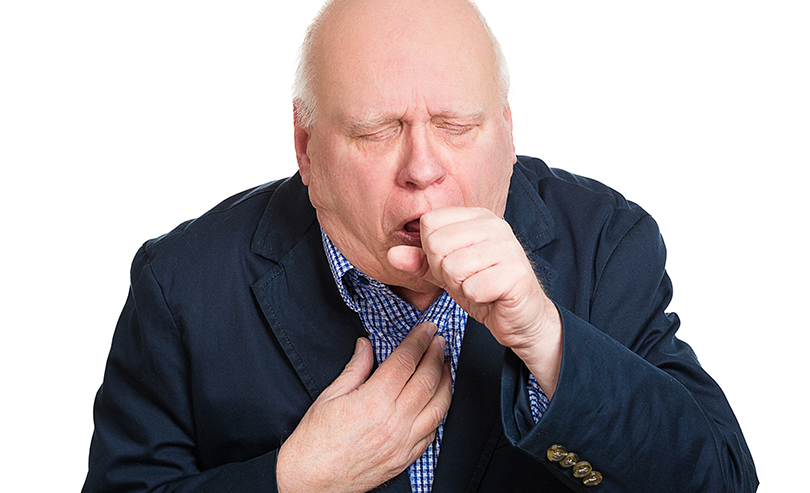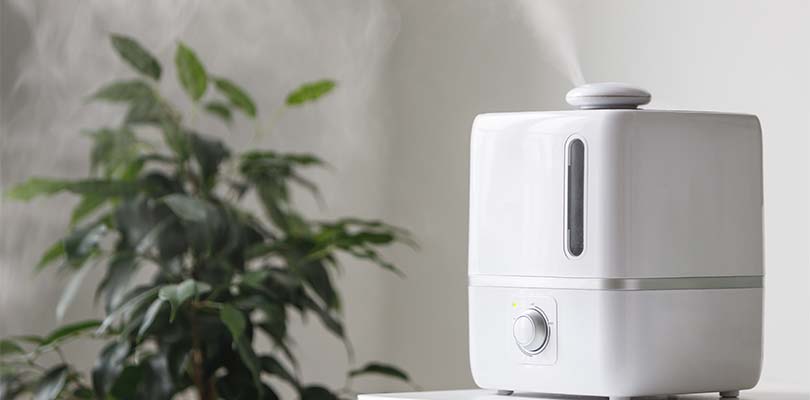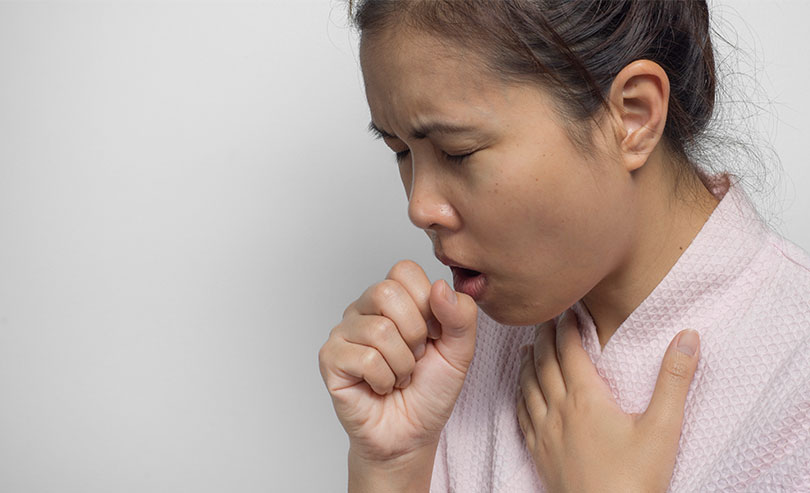Asthma vs. COPD: What's the Difference?
Asthma and COPD both make breathing difficult, but it can be unclear how they differentiate from each other.
They’re both diseases of chronic inflammation, present similar symptoms, and can be worsened by the same triggers, but these disorders don’t necessarily go hand-in-hand. Do you know how to tell them apart?
What Is Asthma?
Asthma is a chronic disease that impacts the airways of the lungs. These airways are sensitive to certain triggers which lead to asthma symptoms or asthma attacks.
Asthma can result in bronchospasm, inflammation, and mucus production, which give an inability to breathe correctly. As these factors take up physical space in the lungs and narrow the airways, they leave less room for air to enter and exit.
Asthma typically originates in childhood and is linked to allergies. Bronchial asthma has an episodic course and is treated by targeting inflammation. The airway obstruction with asthma has a favorable prognosis since it is reversible with proper care and anti-inflammatory treatment.
What Is COPD?
Chronic obstructive pulmonary disease (COPD) makes breathing difficult because of damage in your lungs, which is commonly diagnosed as bronchitis or emphysema. COPD is caused by lung irritants (bacteria), and first and second-hand smoke typically causes the damage.
With COPD, the physical damage causes air sacs and airways in your lungs to lose their elasticity, and there is damage or inflammation to the walls between your air sacs, or mucus production increases which clogs the airways. This disease develops slowly, worsens over time, and puts limitations on everyday activities.
COPD is not contagious, and unfortunately, the obstruction is irreversible; this disease does not yet have a cure. Usually, COPD occurs in adults who smoke. It is best treated with bronchodilators and removal of risk factors.
Asthma vs. COPD Symptoms
There are several symptoms which can present and range from a single symptom to a collection that occurs at the same time.
Asthma Symptoms
Difficulty breathing with a presence of wheezing and coughing are common issues. You may also experience shortness of breath, inability to catch your breath, chest pain, tightness, or pressure.
The objective of treatment for asthma is to reduce the chronic inflammation and open up the airways to reinstate proper breathing.
Knowing the symptoms of asthma is important because it makes you aware of those serious signs and symptoms that require urgent treatment in the hospital.
COPD Symptoms
Symptoms of COPD develop gradually, so you may not notice the signs at first.
The severity of symptoms is contingent on the amount of lung damage you have. As the disease manifests, you’ll start to notice a persistent cough (known as a smoker’s cough), increased mucus production, shortness of breath (especially during times of activity), wheezing when you breathe, and tightness in the chest.
You may be more prone to respiratory infections such as colds or flu. Other symptoms are difficulty catching your breath, blue lips or fingernails, fast heartbeat, and less mental alertness.
This disease typically develops mid-life or later, and the limit on proper airflow gradually worsens lung function. As there is no cure, the primary goal of treatment is to reduce symptoms.
Can You Have Asthma and COPD at the Same Time?
Both of these diseases affect airflow limitation, inflammation, and tissue remodeling, and it is possible to have both asthma and COPD at the same time. Older patients may have features of both diseases, leading to an overlap of the two conditions.
Many people who have asthma and COPD will need to continue treatment to reduce the inflammation of their asthma, as well as manage the symptoms of their COPD to retain as much lung function as possible.
As you age, the likelihood of overlap between these two diseases increases. Your physician will be able to confirm if you have both disorders and will be able to help you with treatment.
Can Asthma Develop Into COPD?
On occasion, some people with asthma have developed COPD. According to the American Lung Association, children who have severe asthma are more likely to develop COPD in adulthood than children who experience mild asthma.
Studies show that more than 40 percent of children diagnosed with severe asthma developed COPD by age 50; these metrics may indicate a link between the disorders.
Research is ongoing, and there is also speculation that children with severe asthma don’t experience a faster decline in lung function in later adulthood, but perhaps lung development was compromised in early childhood. If this is true, it suggests that COPD can be prevented with better childhood asthma treatment.
How Can I Prevent COPD?
With asthma, find out your triggers and do what you can to avoid them. Be sure to keep your inhaler accessible as you never know when an attack will hit and manage your symptoms accordingly.
Smoking is often the cause of COPD; the best thing you can do is divorce yourself from the habit and start making health a bigger priority. Other triggers to avoid are second-hand smoke, dust, and pollutants. These may cause further damage to your lungs and increase the speed of COPD symptoms.
Asthma and COPD are separate diseases that can occupy the same space. Having asthma doesn’t mean you will also contract COPD, but always exercise caution with your lungs. You only get one set of lungs, so take care of them as best you can







